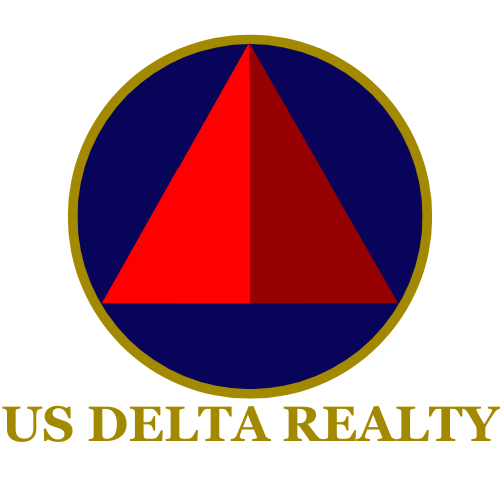Simple Spaces: Refresh Your Home by Reinventing It
 Image by Pexels
Image by Pexels
(This guest post was written by Stephanie Haywood of http://MyLifeBoost.com. Stephanie Haywood is happy to be living her best life. Personal development and self-care gave her a boost when she needed it most, and now she works to share the gift of self-knowledge, self-care, and self-actualization with everyone who visits MyLifeBoost.com.)
When you spend a lot of time at home, it’s easy to grow bored at the sight of the same spaces every day. That’s why it’s important to switch things up and move things around—with a few low-effort strategies, you can give your home a fresh lease of life. Here’s some advice to get you started.
Decluttering
There’s simply no faster, cheaper way to improve your physical and mental space than with a good decluttering. If you can take the time to organize, strategize and sort through your possessions, you can open up new areas of the house and create a spatial composition that invites calmness.
To achieve this, you’ll need to be willing to throw away, donate or recycle items that serve no function in your day-to-day life. You may also need to invest in some new storage capacity. If you’re not sure how best to start the decluttering process, you can hire an expert to help you create a plan or navigate through the first stages of this chaotic process.
Aroma
When you’re looking to promote wellness in the home, scent always has a role to play. You have two primary options when picking an aroma—natural or synthetic. If you decide to go natural and buy flowers, you’ll have to maintain them and pay regularly to replace them throughout the year. Alternatively, synthetic room fresheners and diffusers, while cheaper, can’t hope to match the freshness and aesthetic provided by a bouquet. Whichever you go for, make sure to pick light, understated smells and try to disperse them in moderation! When purchasing a diffuser or any other home products, it’s a good idea to read in-depth reviews to determine a product’s quality and that it’s safe for your family.
Landscaping
Tending to your outdoor area is an important part of home maintenance and most yard work can be carried out without the help of a professional. Even more technical tasks, such as paving, can be DIY’d if you’ve done your research and bought the right tools. This is also a great way to save money and improve your property value. But tending to the front yard isn’t just about creating an attractive home, PureWow notes it’s also a great way to stay healthy and will help you to get out of the house while working from home.
Of course there are some outdoor jobs that you won’t be able to DIY. For example, if you need to have your land graded to prevent erosion and water pooling, search “ground leveling near me” for professionals. Before working with a land grading company, it’s a good idea to check reviews and ratings from customers.
Rearranging
The act of rearranging furniture or swapping rooms around can help break up monotony during long periods spent inside. Psychology Today explains that a good furniture rearrangement can even improve mental health. If you’re looking to try a new order of things, remember to keep in mind some of the key rules—such as balance and even light.
Remodeling
Occasionally, no amount of plant insertion, furniture rearrangement, or weeding is enough to revive your home and you’ll need to take some more drastic action. Remodeling your home means changing the structure or form of the property itself and, for this, you’ll need the help of experts.
The pandemic and its aftermath has resulted in a much more intimate relationship with the home. Given all the time we’re spending indoors, it’s important to set aside a few hours in the week to improve the way that we live and the spaces that we live in whether that’s through decluttering, remodeling, or revamping our outdoor areas.


 Image via
Image via 
 Image courtesy of
Image courtesy of